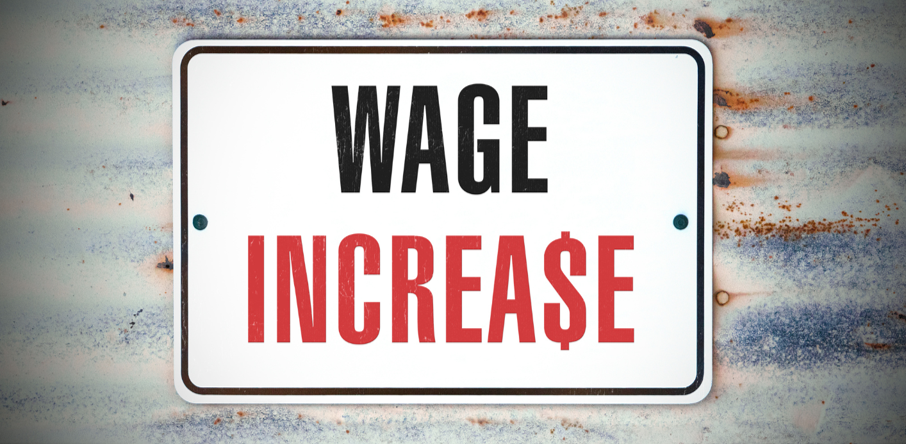
The National Health Insurance Bill Signed into Law: A Controversial Solution to South Africa's Health Care Crisis, What Next

The National Health Insurance Bill Signed into Law: A Controversial Solution to South Africa's Health Care Crisis, What Next
President Cyril Ramaphosa's signing of the National Health Insurance (NHI) Bill into law aims to radically transform South Africa's health care system by establishing a National Health Insurance Fund as the single payer for comprehensive health care services. However, implementing the NHI in an economy with minimal growth, high unemployment, and a shrinking taxpayer base poses significant challenges.
The NHI Bill promises universal access to health care services for all South Africans, permanent residents, refugees, and specified foreigners. It proposes district-level management and coordination of health care services. However, concerns about potential corruption and mismanagement of the NHI Fund's massive annual procurement budget of approximately R5 billion loom large.
Funding the NHI Fund through general tax revenue, fund reallocation, and new taxation options within the current economic climate presents a formidable challenge. Additionally, the Bill's phased implementation approach, while pragmatic, risks delays and inconsistencies in service provision.
The NHI system's rollout is planned in four phases, starting with legislation, policies, and pilot projects, followed by establishing the NHI Fund, population registration, mobilizing human resources, and eventually full implementation with all health care services purchased through the Fund.
While the NHI Bill holds the promise of transformative change, its realization amidst prevailing economic conditions is fraught with challenges that must be addressed comprehensively and sustainably to actualize the vision of universal access to quality health care for all South Africans.













































































